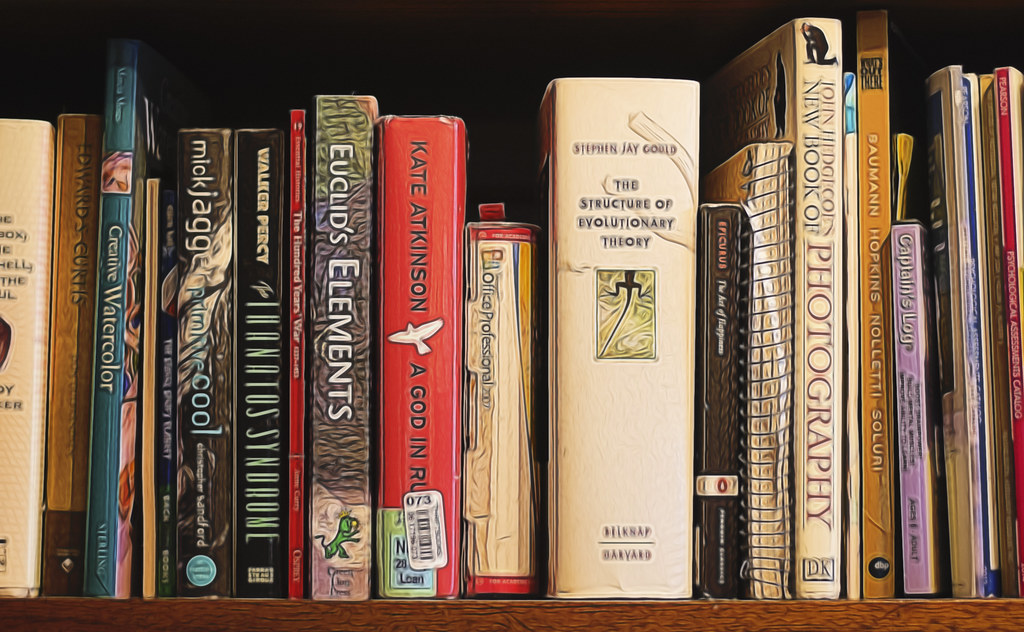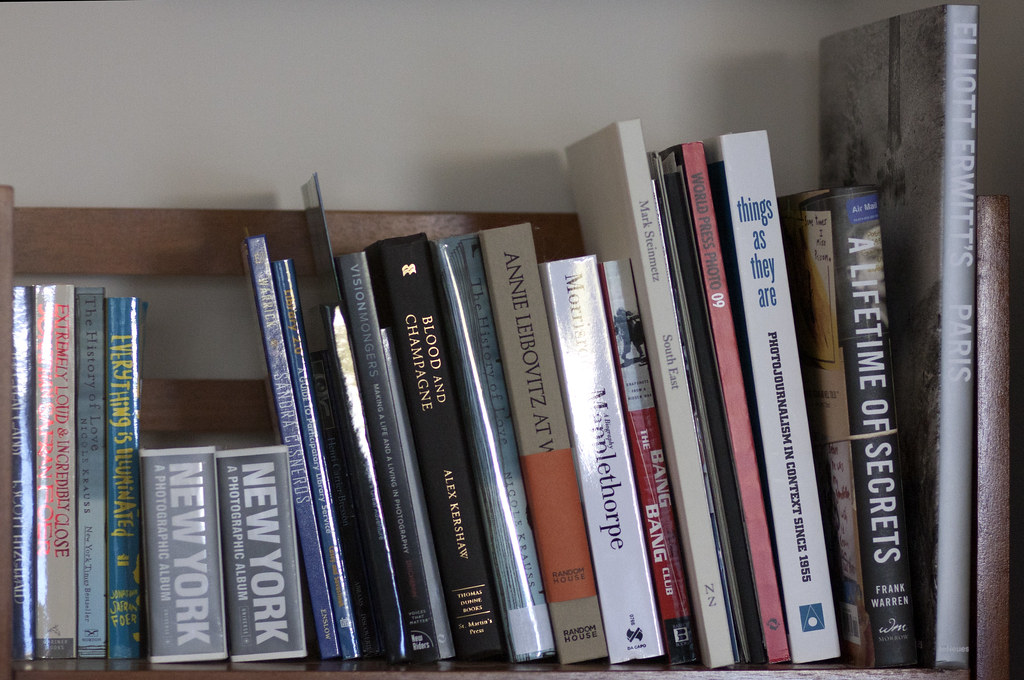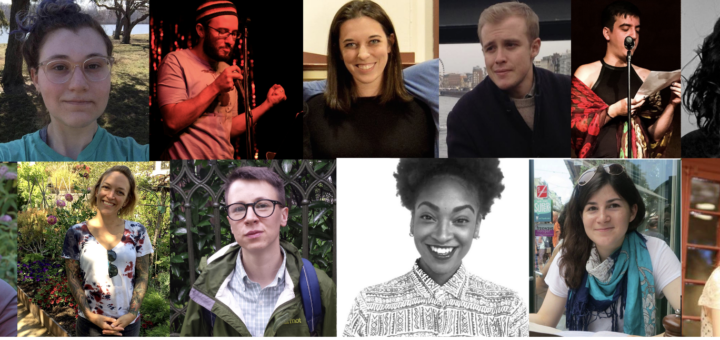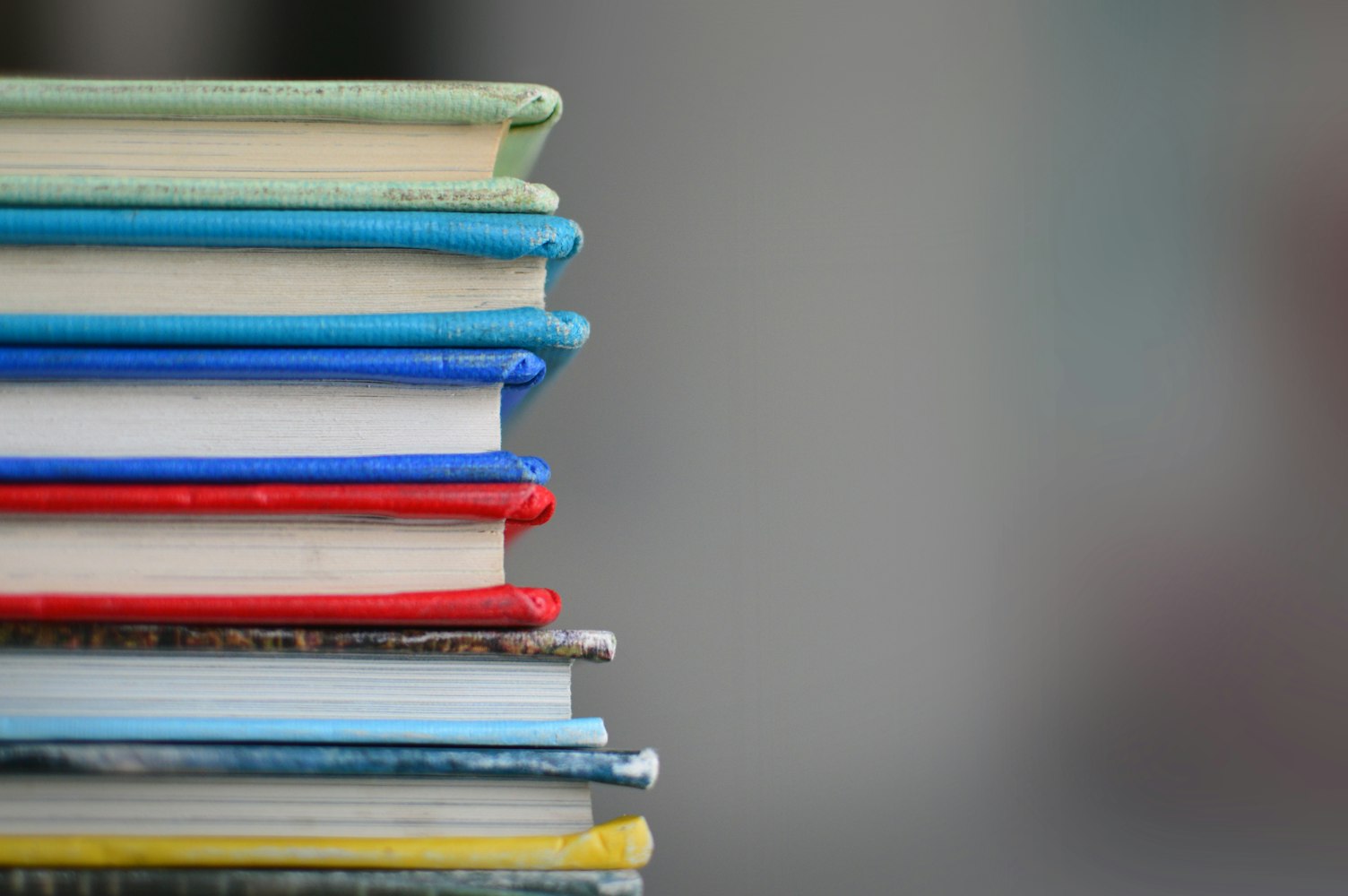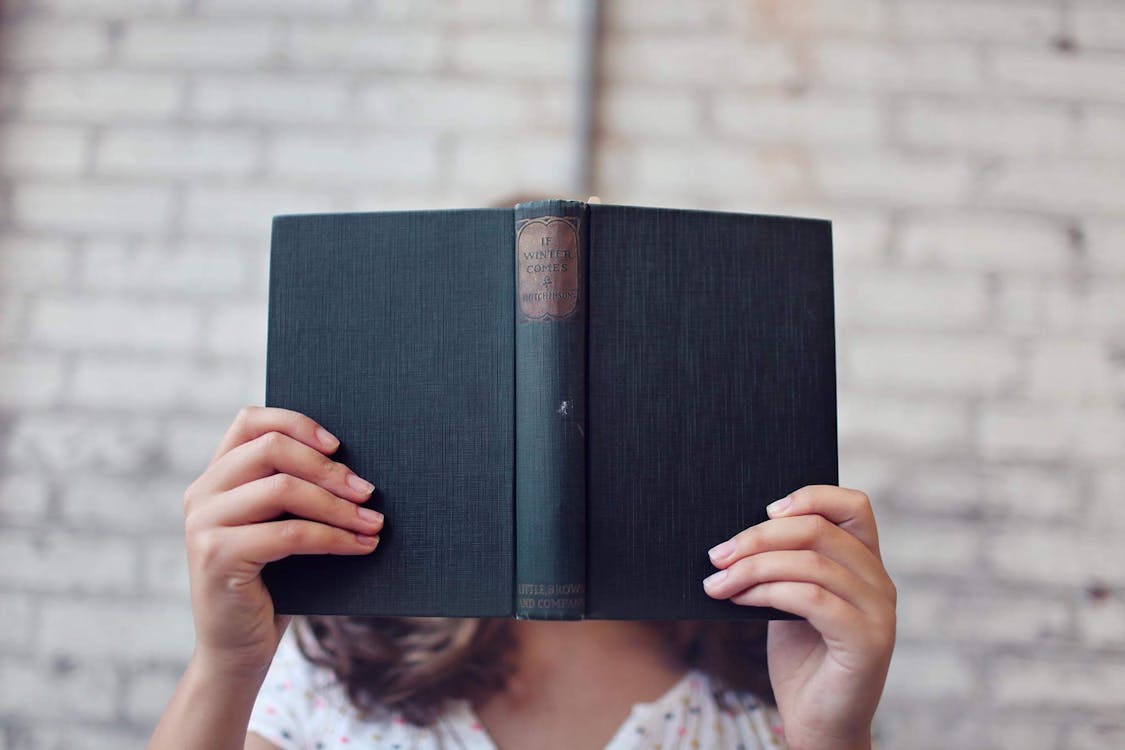Thursday, December 31, 2020
Compulsive Reader Newsletter January 2021
Monday, November 30, 2020
Compulsive Reader Newsletter Dec
Hello everyone, the Compulsive Reader newsletter for December is on its way to your inbox, featuring 10 new reviews including The Disaster Tourist by Yun Ko-Eun, Thread, Form, and Other Enclosures by Carol Smallwood, Arsenal / Sin Documentos by Francesco Levato, Poems of bay, beach & harbour By Margaret Owen Ruckert, Best of Brevity edited by Zoë Bossiere and Dinty W. Moore, Lord of the Senses by Vikram Kolmannskog, To Sleep in a Sea of Stars by Christopher Paolini, and Give a Girl Chaos by Heidi Seaborn. We also have new interviews with Leslie Klein and Gail Godwin. Of course there are giveaways of three books this month, a big news roundup that includes the Booker, the National Book Award, and the Costa. To grab a copy directly from our archive, go here: http://www.compulsivereader.com/sendpress/email/?sid=MA&eid=MTU3NTk. To sign up for the newsletter, visit: http://www.compulsivereader.com
Saturday, October 31, 2020
Compulsive Reader Newsletter for November has gone out
Happy reading!
"books" by Michael Casey is licensed under CC BY-NC-SA 2.0
Friday, October 2, 2020
Compulsive Reader Newsletter for Oct is out
If you're not a subscriber, just go to http://www.compulsivereader.com and sign up - it's free and we only send out one newsletter a month.
Happy reading!
Thursday, September 24, 2020
ModPo 2020 Analysis: The Poets Light But Lamps by Emily Dickinson
Themselves — go out —
The Wicks they stimulate
If vital Light
Inhere as do the Suns —
Each Age a Lens
Disseminating their
Circumference —
“The Poets light but Lamps” is one of Dickinson’s shorter poems - with just two quatrains of no more than 5 words per line with a very regular syllabic structure of 6/4/6/4 for each of the quatrains. There is no punctuation other than the em(ily) dash which adds space without slowing the reading down, thereby energising the piece, as it draws the eye forward. The poem ends with the dash, which, except in the work of Dickinson, is rarely used for the ending of something, and hints at the ongoing nature of the work - visually indicating that this is not an ending as such, but something that will continue - poetry being immortal.
The dash also provides a visual representation of a wick, thereby picking up the “Wick” in the third line, stimulated by the Poet’s light - or the light of poetry. Unusually for Dickinson, the first word of each line is capitalised. Assuming this was Dickinson's intention rather than the work of an overzealous editor, this creates a regularity that is also strengthened by capitalisation's emphasis as it creates a mirroring of "The Poets" with "The Wicks". There is also an alliteration between "If" and "Inhere", thereby linking lamplight with sunlight. The poem utilises an extended metaphor conflating the work of the poet (a lamplighter stimulating a wick - perhaps the impetus for the poem) with the Sun itself - or Suns (?) - some broader category of star shine than simply our own Sol.
Three words stand out for the number of syllables they contain and seem to connect to one another: stimulate, Disseminating, and Circumference. Though there are all quite different words, without too much in common other than the scientific quality and the multisyllabic sound, but they also provide a sense of sonic expensiveness, as if the very nature of these longer words were able to extend the reach of the poet - moving outwards from the point of stimulation in an expansionary way, spreading outside of the circle of life. You could almost visualise the light (of poetry) spreading in that way through through the work and outwards from it.
“Inhere” is an unusual word which means “to exist essentially or permanently in”, as in inherent. It’s possible to read the first line of the second stanza as relating to the vital light of poetry as being part and parcel of what we need to survive - as life-giving and in need of dissemination by each age. The one word which doesn’t quite fit semantically is “If” which is a point of uncertainty in the overall piece adding in a condition that could undermine the work’s thesis. If the light is not vital then perhaps there is no immortality - perhaps only some poetry is vital and work that is not vital can be forgotten. Or, it may be that the condition is one that sits with the reader. ‘If’ the reader judges the work as vital, then there is a mandate to disseminate the poetry for the sake of humanity, vital poetry being as necessary to life as sunlight, against the ephemeral darkness of each age’s fashion.
Tuesday, September 1, 2020
Compulsive Reader Newsletter for September is out
 The September Compulsive Reader Newsletter has now gone out. This month's issue features three great giveaways including Anthropica by David Hollander, The Holy Conspiracy by Kristi Saare Duarte, and The Rehabilitation of Thomas Mark by Tom Crites. We also have ten terrific new reviews/interviews, and a full literary news roundup from around the world. If your copy hasn't arrived or you want a preview, you can click here to view it online. To sign up, visit: http://www.compulsivereader.com.
The September Compulsive Reader Newsletter has now gone out. This month's issue features three great giveaways including Anthropica by David Hollander, The Holy Conspiracy by Kristi Saare Duarte, and The Rehabilitation of Thomas Mark by Tom Crites. We also have ten terrific new reviews/interviews, and a full literary news roundup from around the world. If your copy hasn't arrived or you want a preview, you can click here to view it online. To sign up, visit: http://www.compulsivereader.com.
Tuesday, August 4, 2020
CR Newsletter for Aug
 |
Wednesday, July 1, 2020
Compulsive Reader July Newsletter
The Compulsive Reader Newsletter for July has now gone out with the usual roundup of literary news, fresh reviews and interviews with authors Ronnie Scott, Carmen Radke, and Gleah Powers. We also have 3 great new book giveaways for subscribers. If you haven't received your copy as yet, you can grab a copy in the archive here: http://www.compulsivereader.com/sendpress/email/?sid=MA&eid=MTUyNTc.
Sunday, May 31, 2020
Compulsive Reader Newsletter for June
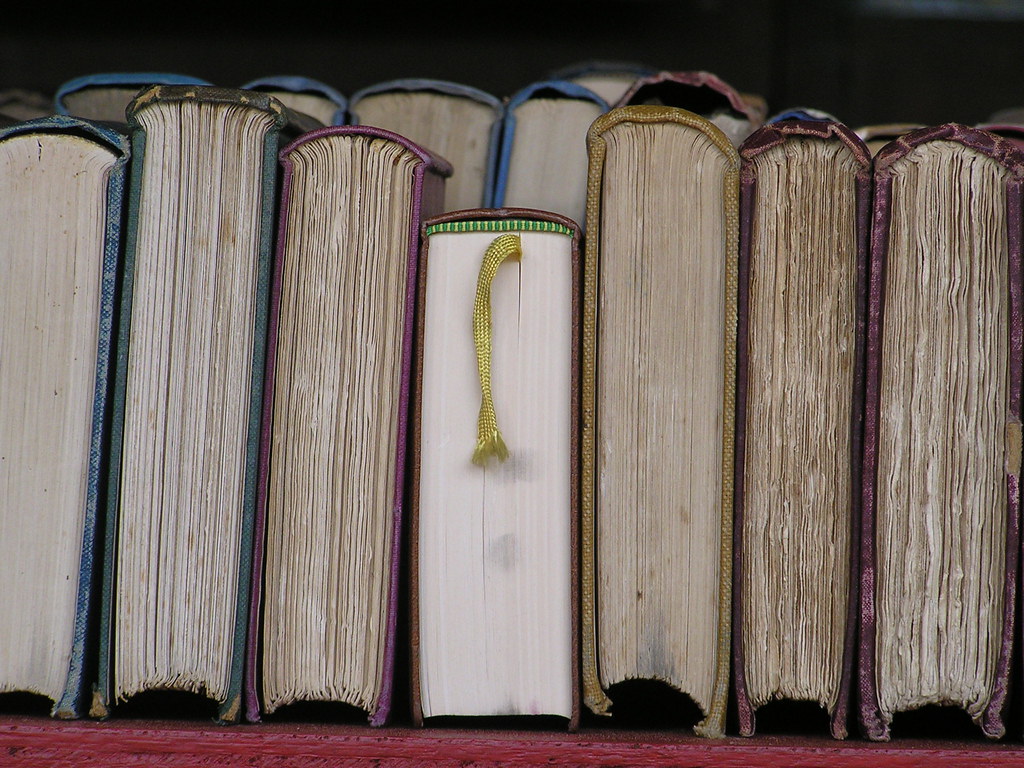 |
| "Books" by Jules Hawk is licensed under CC BY-NC-ND 2.0 |
Friday, May 1, 2020
CR Newsletter for May
Thursday, April 2, 2020
Compulsive Reader Newsletter for April
Tuesday, March 31, 2020
Newcastle Writers Festival online!
 As I’m sure you will be aware, the Newcastle Writers Festival had to be cancelled this year, however the Festival is getting a second life online with 17 sessions from the original program happening virtually for anyone in the world to attend (no pants required). Of course this is not the same as gathering together, but many of the sessions will be allowing for audience questions to be sent in, and guests include the likes of Behrouz Boochani, Clare Bowditch, David Leser, Favel Parrett and Charlotte Wood. My own session with Maria Tumarkin, Sophie Hardcastle, and Nicola Redhouse is on Sunday at 4pm (“Blurred Lines”) where, in the space of 45 mins, we will be talking about all sorts of things including the impact of past trauma on the present in their works, narrative as a way of controlling silence, the unique structures in their latest books, dispossession, the impact of the Coronavirus, and lots more! Each of the authors also will be reading from their work. Please come and join us, wherever you are! Sessions will be available via Facebook and YouTube all through the coming weekend and you can grab a program here: https://www.newcastlewritersfestival.org.au/storiestoyou/
As I’m sure you will be aware, the Newcastle Writers Festival had to be cancelled this year, however the Festival is getting a second life online with 17 sessions from the original program happening virtually for anyone in the world to attend (no pants required). Of course this is not the same as gathering together, but many of the sessions will be allowing for audience questions to be sent in, and guests include the likes of Behrouz Boochani, Clare Bowditch, David Leser, Favel Parrett and Charlotte Wood. My own session with Maria Tumarkin, Sophie Hardcastle, and Nicola Redhouse is on Sunday at 4pm (“Blurred Lines”) where, in the space of 45 mins, we will be talking about all sorts of things including the impact of past trauma on the present in their works, narrative as a way of controlling silence, the unique structures in their latest books, dispossession, the impact of the Coronavirus, and lots more! Each of the authors also will be reading from their work. Please come and join us, wherever you are! Sessions will be available via Facebook and YouTube all through the coming weekend and you can grab a program here: https://www.newcastlewritersfestival.org.au/storiestoyou/The sessions will all be free (including those that previously had a cost to attend), but tax-deductible donations to the festival can be made at https://www.newcastlewritersfestival.org.au/donate/.
Monday, March 2, 2020
Festival Season: Scone Literary Festival
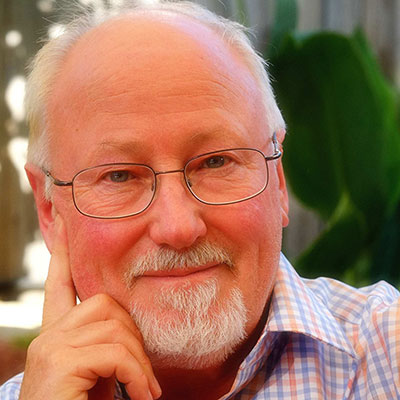 The next festival on my calendar is the Scone Literary Festival.
The next festival on my calendar is the Scone Literary Festival.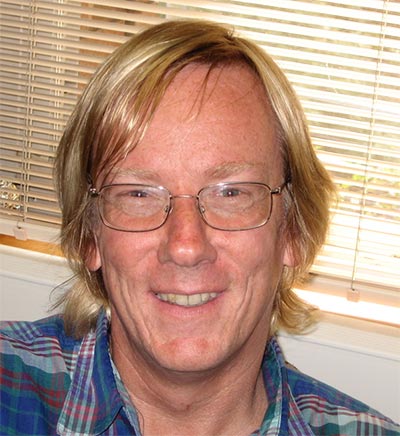 14th of March 2.30pm-3.30pm in the Scone Arts & Crafts Hall titled "Misreporting and Cancer of Mistrust: Bodies and Lies of Science” with Patrice Newell, Julian Cribb and Garry Willgoose.
14th of March 2.30pm-3.30pm in the Scone Arts & Crafts Hall titled "Misreporting and Cancer of Mistrust: Bodies and Lies of Science” with Patrice Newell, Julian Cribb and Garry Willgoose. Saturday, February 29, 2020
CR Newsletter March
 |
| Photo by Renato Abati from Pexels |
Thursday, February 13, 2020
Festival Season: IF Festival in Maitland
The kick off is the inaugural Indie Festival (IF) in Maitland: https://ifmaitland.org All of the panels are completely free! There are also a range of excellent workshops (not free but very inexpensive), and keynotes (also free). My sessions are on Saturday the 29th of February.
I’m starting the day with the aptly titled The Importance of Regional Writers Festivals, moderated by David Graham. Joining me on the panel will be Creative Kids Tales’ Georgie Donaghey, UQld’s Dr Kim Wilkins and UMelbourne’s Dr Beth Driscoll, both highly respected, multi-published academics who are working together on the project Genre Worlds: Australian Popular Fiction in the Twenty-First Century. This session is going to be a cracker opening to the day. The session is followed by a series of Flying Island pocket book launches led by Flying Island’s very erudite Editor-in-Chief (who is launching his own new book on the day) including Michael Crane, Susan Fealy, Clark Gormley, Geoff Page, Kerri Shying, Melinda Smith, Gillian Swain, and George Watt. What a line-up! I’ll be personally launching both Melinda and Gillian’s new books and what an honour that is.
 My next session is called Just Walking the Dog, which I’ll be moderating, featuring poets Gillian Swain and Brian Purcell. We’ll be exploring the development of poems from initial idea through to release into the world and judging from our initial interactions, this is going to be an incredible conversation, full of fun and insights.
Finally, phew, I’ll be moderating a panel on Independent and Community Publishing with Kit Kelen, Georgie Donaghey, and Jennifer Sharpe from Daisy Lane Studios about the different pathways to getting published independently. Come and learn from the best! Once again, all of these sessions are absolutely free of charge (but first in best dressed, so get in early), and there will always be time at the end for questions and audience interaction - you are the most essential part of this! So if you’re able, please come join me on the day - that’s Saturday February 29th around 230 High Street (there are a few venues), Maitland NSW.
My next session is called Just Walking the Dog, which I’ll be moderating, featuring poets Gillian Swain and Brian Purcell. We’ll be exploring the development of poems from initial idea through to release into the world and judging from our initial interactions, this is going to be an incredible conversation, full of fun and insights.
Finally, phew, I’ll be moderating a panel on Independent and Community Publishing with Kit Kelen, Georgie Donaghey, and Jennifer Sharpe from Daisy Lane Studios about the different pathways to getting published independently. Come and learn from the best! Once again, all of these sessions are absolutely free of charge (but first in best dressed, so get in early), and there will always be time at the end for questions and audience interaction - you are the most essential part of this! So if you’re able, please come join me on the day - that’s Saturday February 29th around 230 High Street (there are a few venues), Maitland NSW.

